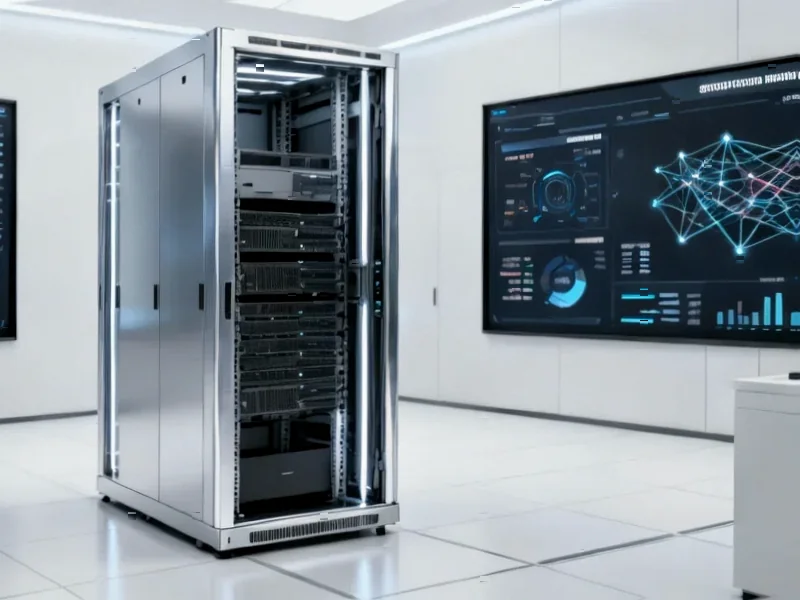According to Sifted, Tsuga has raised a $10 million seed round led by General Catalyst with participation from European VC Singular and angel investors including Alan cofounder Charles Gorintin and Mirakl cofounder Philippe Corrot. The Paris-based startup was founded by Gabriel-James Safar and Sébastien Deprez, who previously sold their startup Madumbo to Datadog in 2018 and helped scale that product to eight-figure revenues before Datadog’s IPO. Both founders left Datadog in 2023 for what Safar describes as a period of reflection before deciding to launch another company. Tsuga focuses on AI observability, which involves monitoring and analyzing software systems in real time to identify and resolve issues. The startup has already onboarded scaleups and publicly listed companies in regulated industries like financial services.
From Datadog to Tsuga
Here’s the thing about Safar and Deprez – they’re not exactly newcomers to this space. They built Madumbo, sold it to Datadog pre-IPO, and then watched their product generate serious revenue. That’s the kind of track record that gets General Catalyst’s attention. But what’s really interesting is their journey – they actually left to take a break, with Safar having his second child and traveling while Deprez took plumbing and carpentry courses. As Safar puts it, “We wanted to think about the meaning of life. In the end, we didn’t find it, so we created another company.” That’s some honest founder energy right there.
The Bring Your Own Cloud Approach
So what makes Tsuga different from the $50 billion giant they left? It’s all about data movement. Traditional observability requires companies to send massive amounts of data to external vendors, which gets expensive fast and raises security concerns. Tsuga’s “bring your own cloud” model deploys observability clusters directly into customers’ cloud environments instead. Basically, they work inside your infrastructure without owning it. This is particularly appealing for larger companies and regulated sectors like banking and healthcare where data governance is non-negotiable. And with AI workloads generating insane amounts of data, this approach could actually save companies serious money.
Why This Matters Now
Look, observability isn’t exactly a new concept. Datadog, Dynatrace, Splunk, and the big cloud providers all play in this space. But Safar makes a compelling point – traditional vendors’ business models are built around data costing more, while data volumes are exploding and companies need more granular analysis. It’s a fundamental mismatch. As enterprises pour money into AI systems that generate unprecedented data volumes, the old pricing models start to look pretty broken. Tsuga’s timing seems smart – they’re hitting the market just as companies are realizing their observability bills are becoming unsustainable.
What’s Next
The company has already started working with design partners and accelerated commercialization in recent months. With $10 million in fresh funding, they plan to double down on product iteration and grow their 25-person team, particularly in engineering and go-to-market roles. The real test will be whether they can convince enough enterprises that their “bring your own cloud” approach is worth the switch from established players. But with their Datadog pedigree and a clear pain point to solve, they’ve got a fighting chance. After all, they’ve already done this once before.




